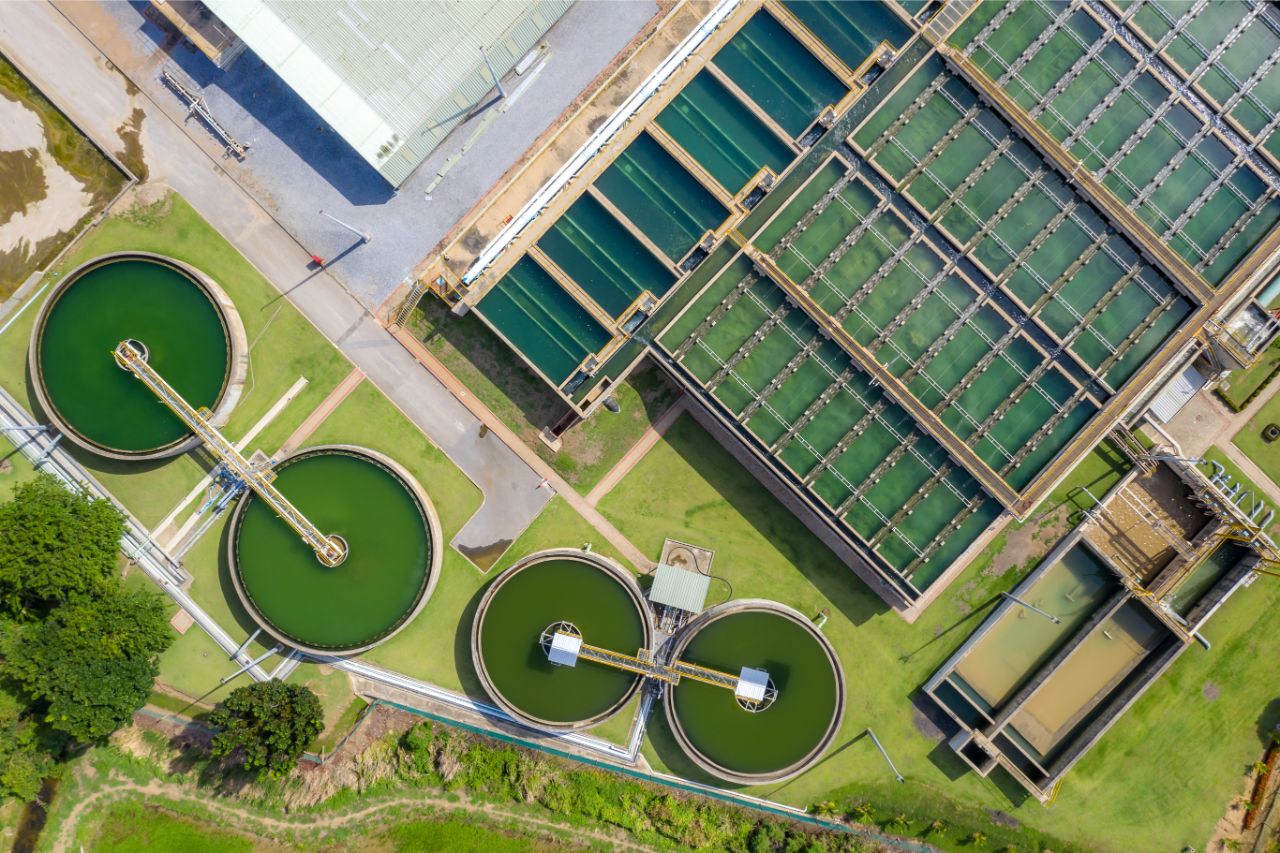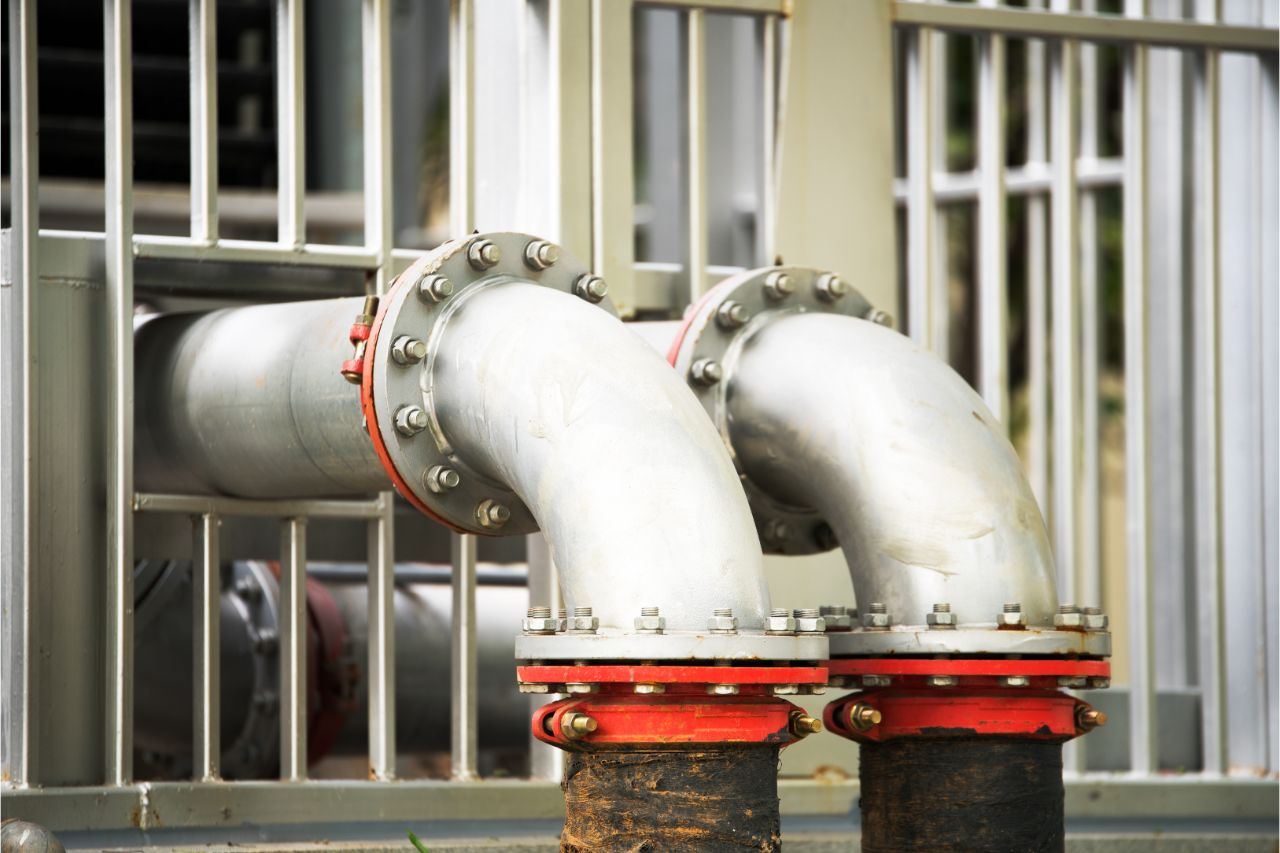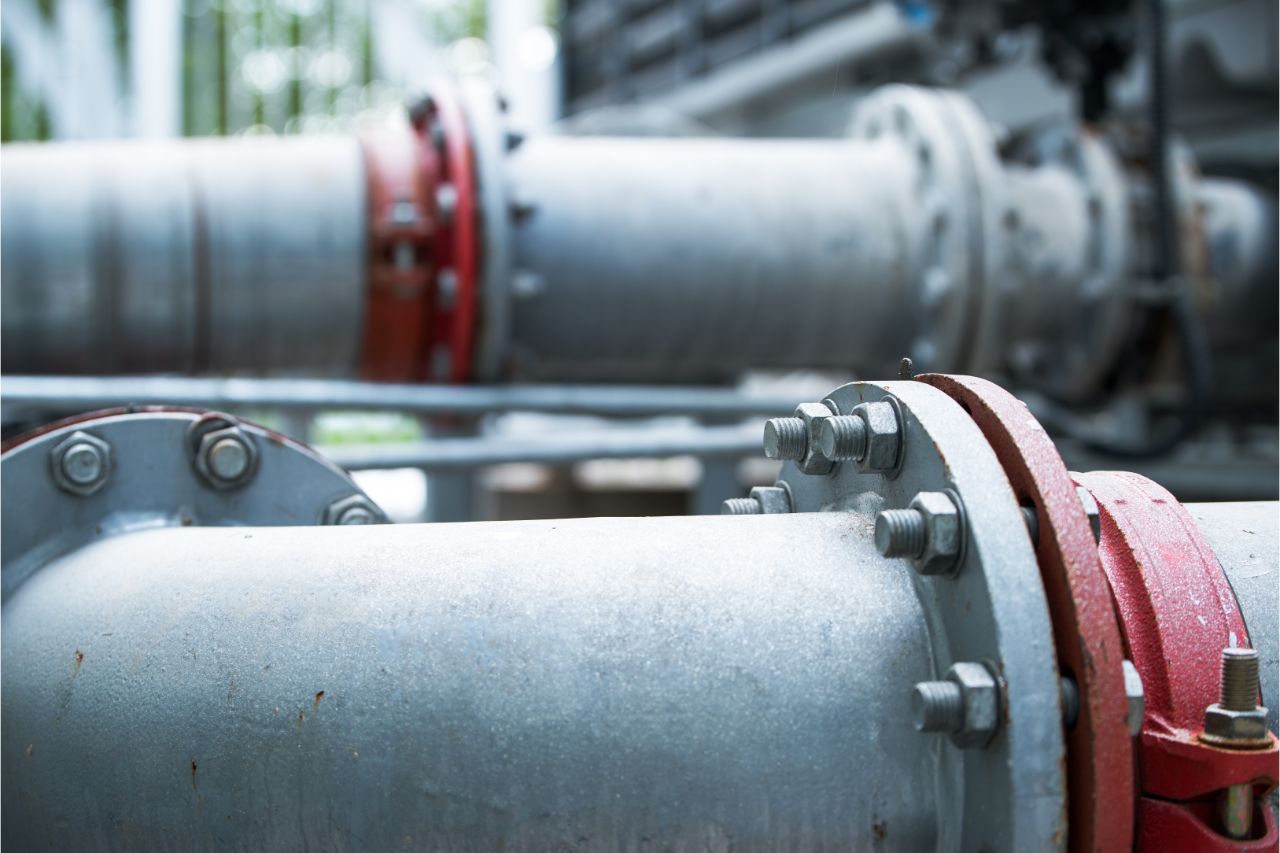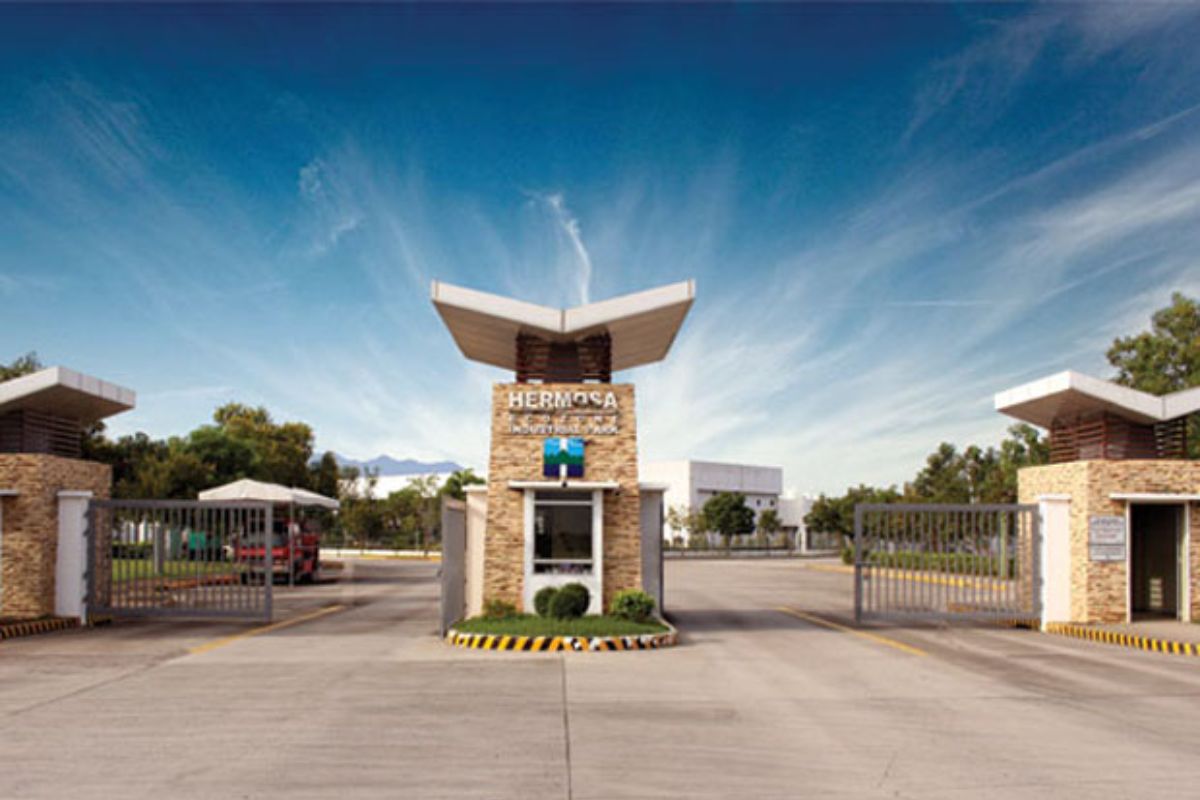What is the importance of wastewater treatment for industrial parks?
- Helps Reduce Environment Pollutants
- Energy Production
- Cost Savings
- Meets Legal Requirements
Water scarcity is driven by two factors: growing populations that use freshwater and depletion of usable freshwater resources due to environmental issues. That being said, companies and governments are being called upon to develop new projects and technologies to mitigate their effects. With water shortages plaguing societies across the world, the importance of wastewater treatment for industrial parks has become more apparent than ever.
There are several ways to mitigate water scarcity, but wastewater treatment for industrial parks presents one of the most sustainable long-term solutions. Wastewater treatment, also referred to as sewage treatment, involves the removal of impurities from wastewater before it reaches natural bodies of water.
Apart from its sustainability, wastewater treatment can benefit companies in industrial parks as well. During the ongoing COVID-19 crisis, an industrial park in the Philippines with wastewater treatment proves to be a sustainable option for business locators and affected communities alike. Continue reading on to learn why wastewater treatment is important for industrial parks.
What Is Wastewater?
Wastewater is any water that has been contaminated by human use. The most common source of wastewater is from residential activities. However, there are a number of other ways wastewater is produced. In many cases, human influence is not direct in producing wastewater as well.
In industrial parks, wastewater is generated at any given time water is used in the production or storage of an item. Wastewater can come from stormwater runoff or any sewer inflow as well.
Helps Reduce Environment Pollutants

Wastewater that is not treated properly before being released back to the environment has numerous negative effects on the ecosystem — may it be lethal effects on plant life, animals, or human beings.
Wastewater contains pollutants that destroy the ecosystem and these pollutants will largely depend on what it is exposed to and what the industrial park manufactures. Some of the most common pollutants include pathogens, nitrates, phosphates, synthetic chemicals, suspended solids, dissolved solids, metals, and many more. Each of these pollutants affect the environment collectively. Wastewater pollutants penetrate the soil and other water bodies. In turn, poisons fishes, plants, and affects the livelihood of people.
During the COVID-19 pandemic, the availability of clean water to maintain hygiene as well as the treatment of virus-contaminated wastewater have emerged as a big issue in many parts of the globe. The effects of improper waste management have a ripple effect on communities, which further emphasizes the importance of wastewater treatment for industrial parks.
Wastewater treatment involves biological processes such as coagulation, flocculation, sedimentation, filtration, and disinfection for safe distribution to facilities and communities. Through wastewater treatment in industrial parks, the amount of waste will significantly reduce, easing the pressure on the environment. Wastewater treatment also reduces the health risks associated with environmental pollution.
An industrial park developer in the Philippines such as the Science Park Of The Philippines (Science Park) continues to regulate waste products from its facilities through centralized wastewater treatment facilities. The Light Industry and Science Park IV in Malvar Batangas and Light Industry and Science Park I in Cabuyao, Laguna treats 1,000 cubic meters of wastewater on a daily basis. Using an activated sludge procedure to treat wastewater, the locators comply with the Class B water quality. According to the Department of Environment and Natural Resources (DENR), this water classification is of those designated for recreational purposes such as the Taal Lake.
In general, wastewater treatment in industrial parks is a matter of caring for the environment, people’s health, and livelihood.
Energy Production
The Philippines, a rapidly thriving country, contains a diverse mix of business types. Each one demands different amounts of energy supply, depending on their nature of business and production. By having a wastewater treatment facility, industrial parks can generate their own electricity and meet the energy needs of their business locators.
The sludge in wastewater contains a large amount of biodegradable material, which is first treated with anaerobic bacteria. This is heated to speed up the bacteria’s digestion of the material. The methane gas produced from the wastewater treatment process can be harvested and burned to generate electricity.
One of the several strategies to develop a cleaner and sustainable business is through energy systems that rely on wastewater treatment. An industrial park developer in the Philippines provides solutions for sustainable energy consumption through innovations in technology. This lowers the dependency on non-renewable energy sources (fossil fuel) that increase environmental deterioration and carbon footprint.
According to WeForum, renewable energy sources have seen a staggering increase in demand during the COVID-19 for a number of reasons. For one, renewable energy is seen as one of the cheapest sources of energy. This is also highly favored by markets and policymakers because of its cost-saving benefits and cleaner energy source.
Cost Savings

Improper waste management is an issue that affects business operations on many levels. For businesses that produce wastewater, doing proper wastewater treatment can often be costly. It would be cheaper for businesses to dump their waste in landfills. However, this proves to be an unsustainable option that eventually leads to negative impacts in local communities.
If wastewater treatment is done by industrial parks, the resulting energy from methane gas would be self-sufficient for electricity production. It would not only provide a perennial source of energy but would make the industrial park less dependent on local power companies. In turn, results in significant cost savings.
This is why locating at industrial parks are becoming a more ideal choice for businesses. Industrial parks are built with centralized wastewater facilities to cater to the energy needs of companies located at the industrial parks. Now more than ever companies need reliable energy supplies to meet consumer demands in the midst of the COVID-19 pandemic. If you have a business that produces essential goods, you would benefit from industrial parks that have provisions for wastewater treatments.
Meets Legal Requirements
Wastewater treatment in industrial parks also helps the facilities curb heavy fines and potential sanctions associated with legal requirements. Wastewater productions affect numerous stakeholders and are regulated by a complex legal framework that spans many sectors.
The Philippine Clean Water Act of 2004 (Republic Act No. 9275) aims to protect the country’s water bodies from pollution from land-based sources (industries and commercial establishments, agriculture, and community/household activities). Therefore, industrial parks in the Philippines must formulate strategies to coordinate with the policies necessary for the effective implementation of this Act.
Upon the recommendation of the Pollution Adjudication Board (PAB), anyone who commits prohibited acts such as discharging untreated wastewater into any water body will be fined for violations on a daily basis. Towards this end, the DENR reviews and enforces water body standards for each wastewater management area.
Key Takeaway
As you’ve read above, the importance of wastewater treatment for industrial parks has become apparent more than ever. Fortunately, industrial parks in the Philippines are aware of their social and ecological effects. By taking proactive solutions such as investing in centralized wastewater treatment plants, your business can become sustainable without sacrificing profitability from an industrial park.
If you are looking for an industrial park in the Philippines, click here to inquire from Science Park of the Philippines. With numerous industrial parks across the country, we can help your business grow in numerous ways.



